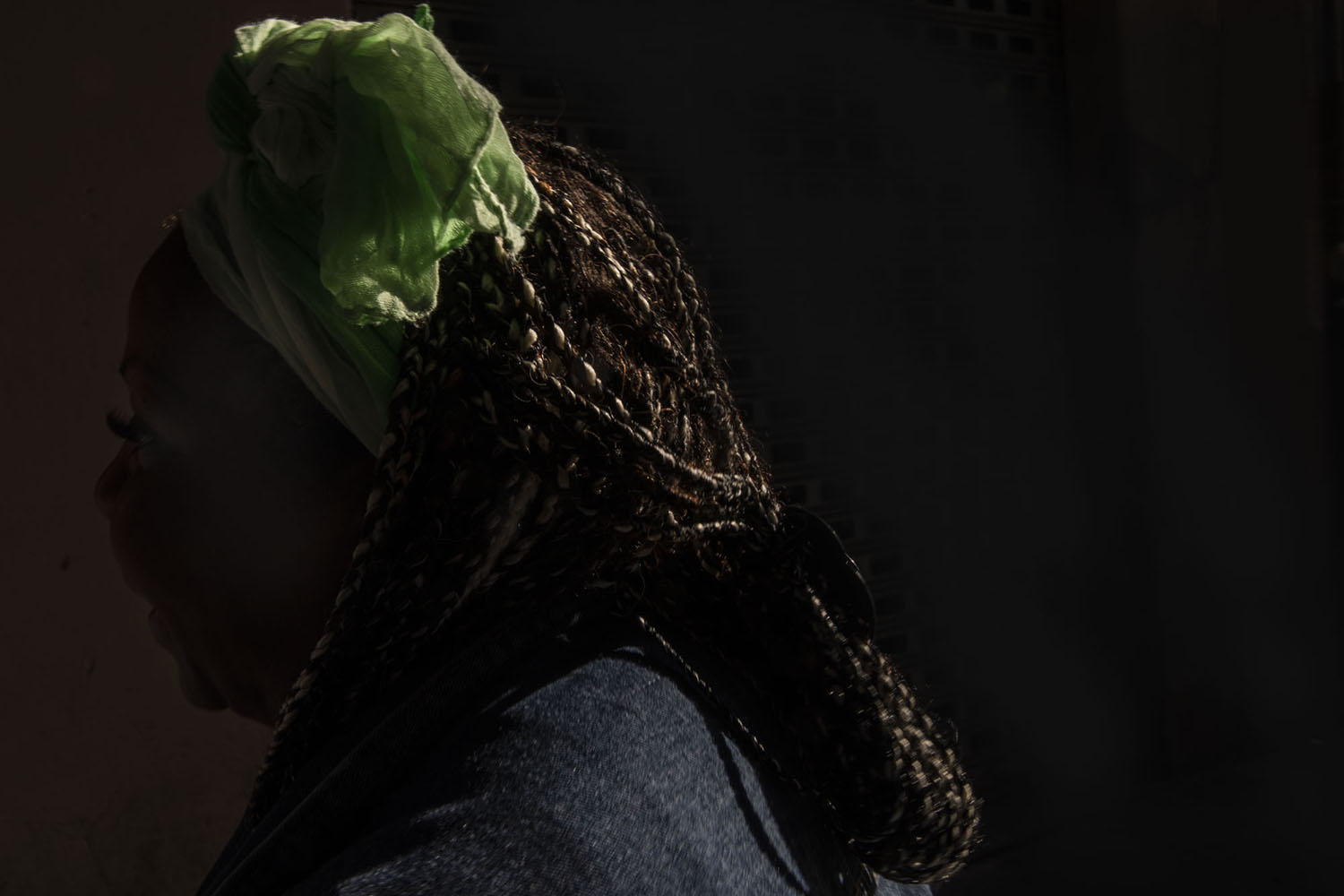Image


You should really subscribe now!
Or login if you already have a subscription.
Anna Surinyach is a Spanish freelance photojournalist based in Barcelona who focuses on migration, refugees, and human-rights issues. Her work has appeared in publications including Revista 5W, NPR, and the Los Angeles Times, and her photos have been displayed in New York, Barcelona, Paris, Montevideo, and Buenos Aires, among others.